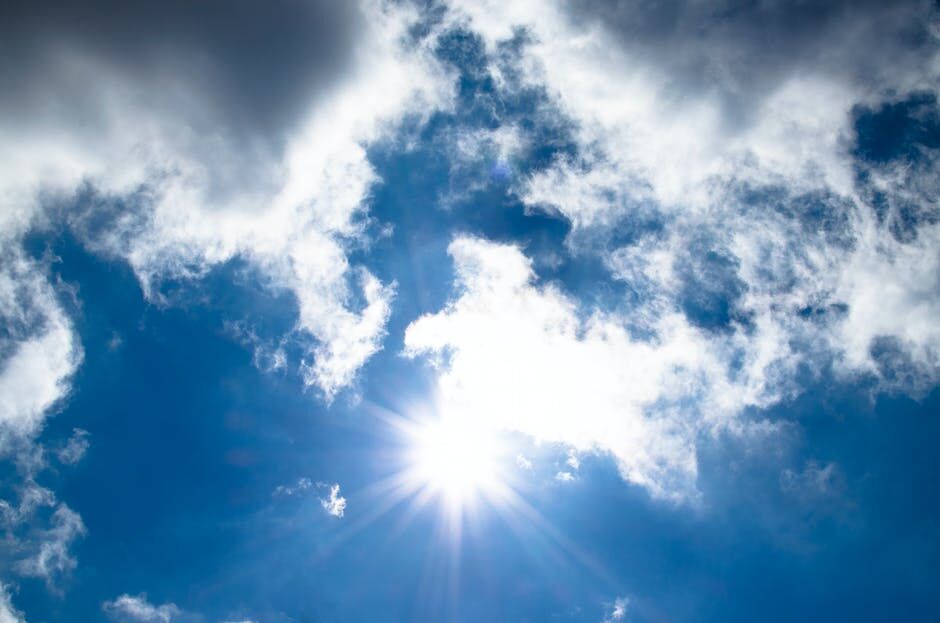Research has connected environmental triggers with lupus flares or a worsening of lupus symptoms. However, it is hard to predict what factors might cause flares in each person. Learning about some of these triggers and paying attention to how your symptoms change when you are exposed to these triggers might help you prevent or reduce the severity of lupus flares.








Ultraviolet (UV) light
Back to topUV light is present in sunlight, stage lights, halogen lights, black lights, tanning beds, nail curing lamps, fluorescent lights, bactericidal lamps, arc lamps used in welding, phototherapy, counterfeit currency detectors. Sunlight is reflected on snow and around water so can be particularly harmful. It is important to remember UV light is present even on cloudy days. Check out Skin Self-Care to learn more on ways to protect yourself from UV light.
Stress
Back to topStress can be associated with lupus flares. It is impossible to eliminate stress, but you can take steps to reduce its impact on your health and mood. See the Self Care modules on Reframing and Managing Emotions to learn more.
Infections
Back to topBacterial and viral infections are associated with flares of lupus in some patients. Some viral infections, such as Parvovirus B19, Ebstein-Barr virus (EBV), varicella zoster virus, and cytomegalovirus (CMV) are associated with more significant symptoms. Not all infections cause lupus flares, however. Let your doctor know if you are experiencing symptoms of infection in case you need treatment and to ask if you should change how you take your lupus medication.
Smoking
Back to topSmoking and secondhand smoking is associated with more active lupus disease. Tobacco also contributes to increased risk of heart attacks and strokes, particularly in people with lupus who are already at higher risk for these illnesses. Smoking also reduces how well certain therapies work to treat lupus. Talk to your doctor about ways to quit. Visit smokefree.gov or call 1-800-QUIT-NOW to find help quitting. Avoid places where second hand smoke is present.
Medications
Back to topCertain antibiotics that contain sulfa (such as trimethoprim-sulfamethoxazole or Bactrim®) are associated with flares of lupus, so talk to your doctor before taking. You may want to add “sulfa antibiotics” to your list of allergies.
Oral contraceptives containing estrogen may need to be avoided in certain people with lupus. Estrogens are associated with flares of lupus and may be associated with increased risk of blood clots among patients who have specific antibodies. Talk to your doctor about which contraceptives are safe for you.
It is common for people to have lupus flares if they do not take their lupus treatment medications as prescribed. Tell your doctor if you are experiencing a lupus flare and have not been taking your prescribed medications.
Supplements
Back to topDon’t take immune boosters:
-
Echinacea herbal supplements are thought to boost the immune system. The immune system is already overactive in someone with lupus, so this supplement may cause a flare and should be avoided.
-
Alfalfa and mung bean sprouts are also thought to boost the immune system and should be avoided. They contain a compound called L-canavanine which is associated with causing lupus flares.
Chemicals
Back to topExposure to crystalline silica, commonly known as quartz, is associated with the development of lupus in some people with a history of high occupational exposures to the chemical. Silica is found in rock, sand and solid. Exposure to silica is high among miners, sandblasters, quarry workers, foundry workers, metal workers and farmers. Other chemicals that researchers have identified in association with lupus flares include mercury, solvents, and pesticides.
Air pollution is associated with increased lupus rash and joint flares. Studies have found associations between poor air quality and increased blood markers of lupus activity. Other data suggests air pollutants are associated with an increased risk of developing autoimmune disease. Poor air quality is also a known trigger of allergic reactions and asthma.
Changes in Weather and Air Pollution
Back to topStudies have shown that people with lupus experience a higher number of flares during times with more rain, relative humidity and wind. Studies of barometric pressure changes have not found an association with increased lupus flares.




